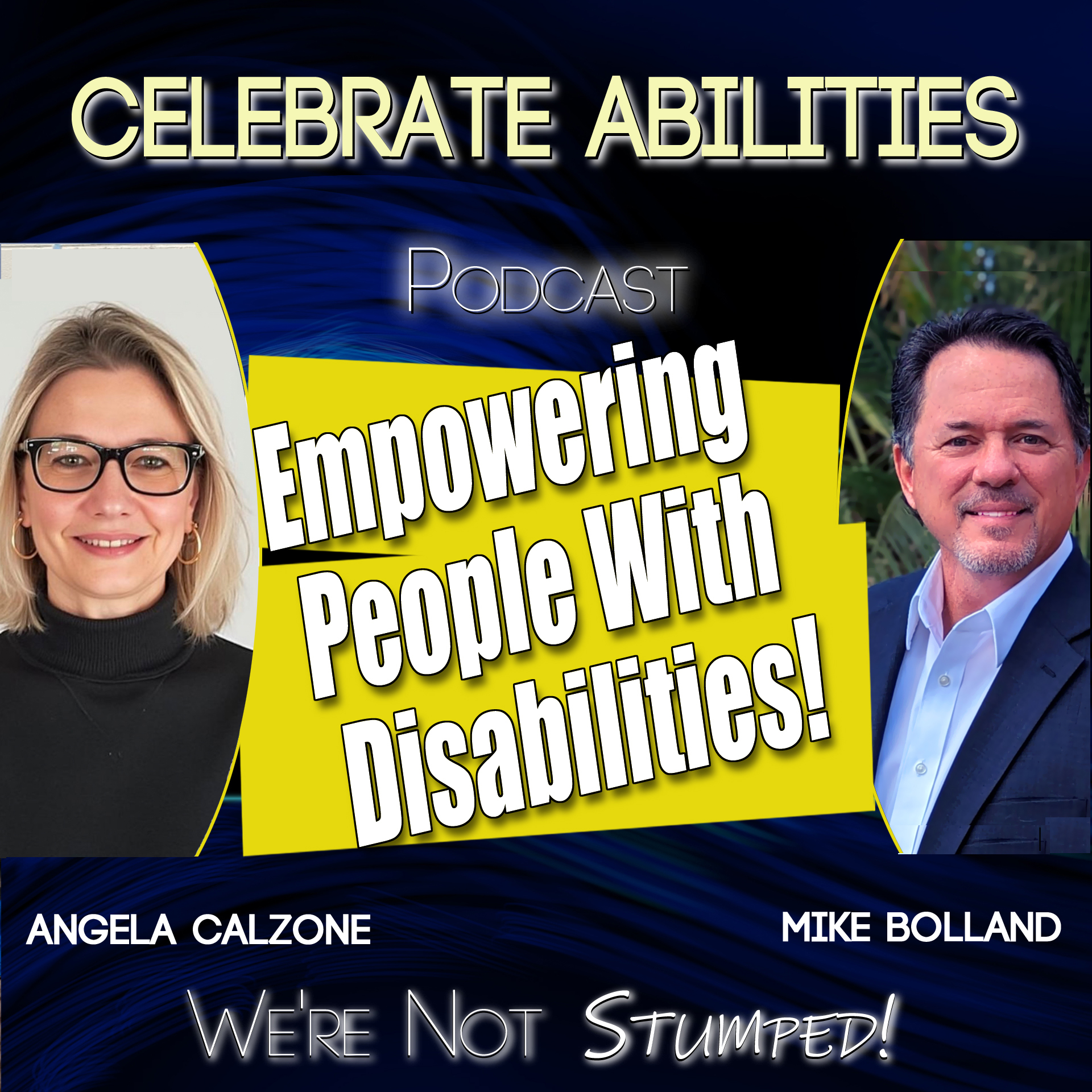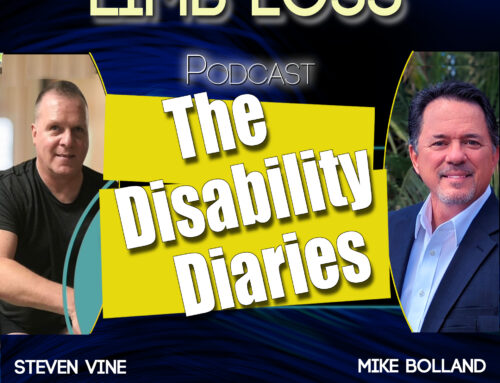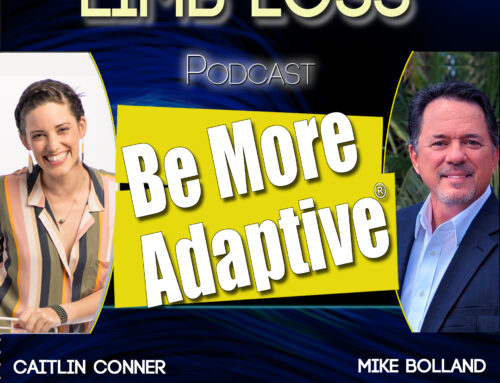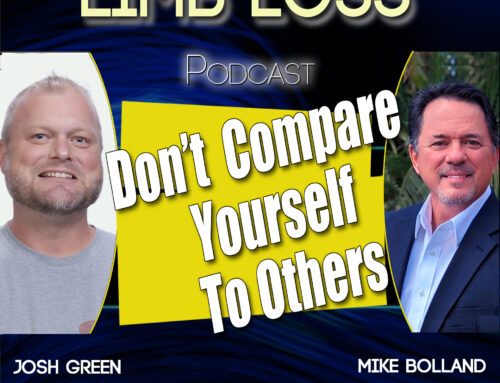Since the age of three, Kara Skrubis has practiced ballet. Throughout her youth, she traveled the nation, showcasing her ballet prowess. Alongside her performances, she commenced teaching ballet and started her studies as a dance major at University at Buffalo.
However, her trajectory took an unforeseen twist during her inaugural semester at UB. In October 2019, Skrubis awoke to excruciating pain in her left knee, soon accompanied by a concerning “warm lump.” Despite a visit to a local urgent care facility, the ailment remained undiagnosed. It wasn’t until three months later, under the care of an orthopedic specialist, that a tumor was discovered in her left tibia.
At 18 years old, Skrubis received the diagnosis of osteosarcoma, a rare form of bone cancer predominantly affecting teenagers and young adults. While receiving treatment, Skrubis was compelled to take a time off from her studies for a year. Her journey started with chemotherapy in February 2020, followed by the amputation of her left leg in April 2020 to eradicate the cancer. Subsequently, she underwent immunotherapy until June 2021, concluding her treatment regimen with chemotherapy in September 2021.
During her stay in the hospital, Skrubis says her mother, Lisa, 54, found and connected with MIB Agents, a pediatric osteosarcoma nonprofit that provides resources, information and support to patients and families.
Skrubis still practices ballet, but she changed her majors from dance and psychology to psychology and health and human sciences so she can work with other youth diagnosed with cancer.
Links:
MIB Agents: https://www.mibagents.org
People Magazine Article: https://people.com/health/kara-skrubis-talks-continuing-ballet-following-bone-cancer-leg-amputation-i-never-gave-up/
#amputee #amputeelife #amputeestrong #prosthetics #prostheticleg #amputeegirl #amplife #amputation #limbloss #amputees #adaptiveathlete #amputeefitness #prosthetic #motivation #prosthesis #adaptive #oneleg #amputados #amputeewoman #inspiration #osteosarcoma #cancer #sarcoma #bonecancer #cancersucks #childhoodcancer #cancersurvivor #osteosarcomaawareness #childhoodcancerawareness #cancerawareness #cancerfighter #pediatriccancer #bonetumor
Listen on Apple Podcasts
Watch on YouTube
Listen on Spotify
In this episode of We’re Not Stumped, Mike Bolland examines leadership at the Amputee Coalition. Between 2019 and 2022, CEO compensation jumped 107%. Cass Isidro led the organization from February 2023 until August 22, 2025. While reliable sources say she did a good job, Mike discusses why long-term leadership is vital for the limb loss community—highlighting the value of someone deeply committed to the cause rather than viewing the role as a career step. He also shares why he personally would not seek recommendation letters for the Certified Peer Visitor program.
Dr. Christopher Duncan, Chief Medical Officer at Biologic Input Output Systems (BIOS), joins We’re Not Stumped with host Mike Bolland for a deep dive into neurotechnology and the future of prosthetics. With a background in rehabilitation medicine, Christopher explains how BIOS is combining advanced materials, neurophysiology, and machine learning to create prosthetic technology that restores natural movement and touch—far beyond what he calls today’s “Civil War technology.” The discussion also explores data registries, privacy concerns, and partnerships with leading institutions to expand access.
In this inspiring episode of We’re Not Stumped, Mike Bolland sits down with Angela Calzone, President & CEO of Inroads to Opportunities, as the organization celebrates its 66th anniversary. With a bold goal to double the number of individuals served—from 400 to 800—over the next decade, Angela shares her passion for breaking down misconceptions about hiring people with disabilities and her mission to create lasting workforce inclusion. From her 35+ year career in the for-profit sector to leading one of the most impactful nonprofits in the disability community, Angela opens up about the challenges of funding, the critical need for employer partnerships, and the real business benefits of inclusive hiring. She also shares powerful success stories, the impact of Inroads’ vocational training programs, and why their largest-ever fundraiser was a milestone moment for the agency. Whether you’re an employer, advocate, or simply someone who believes in the value of diversity in the workplace, this episode will inspire you to see what’s possible when communities come together to create opportunities.









Leave A Comment